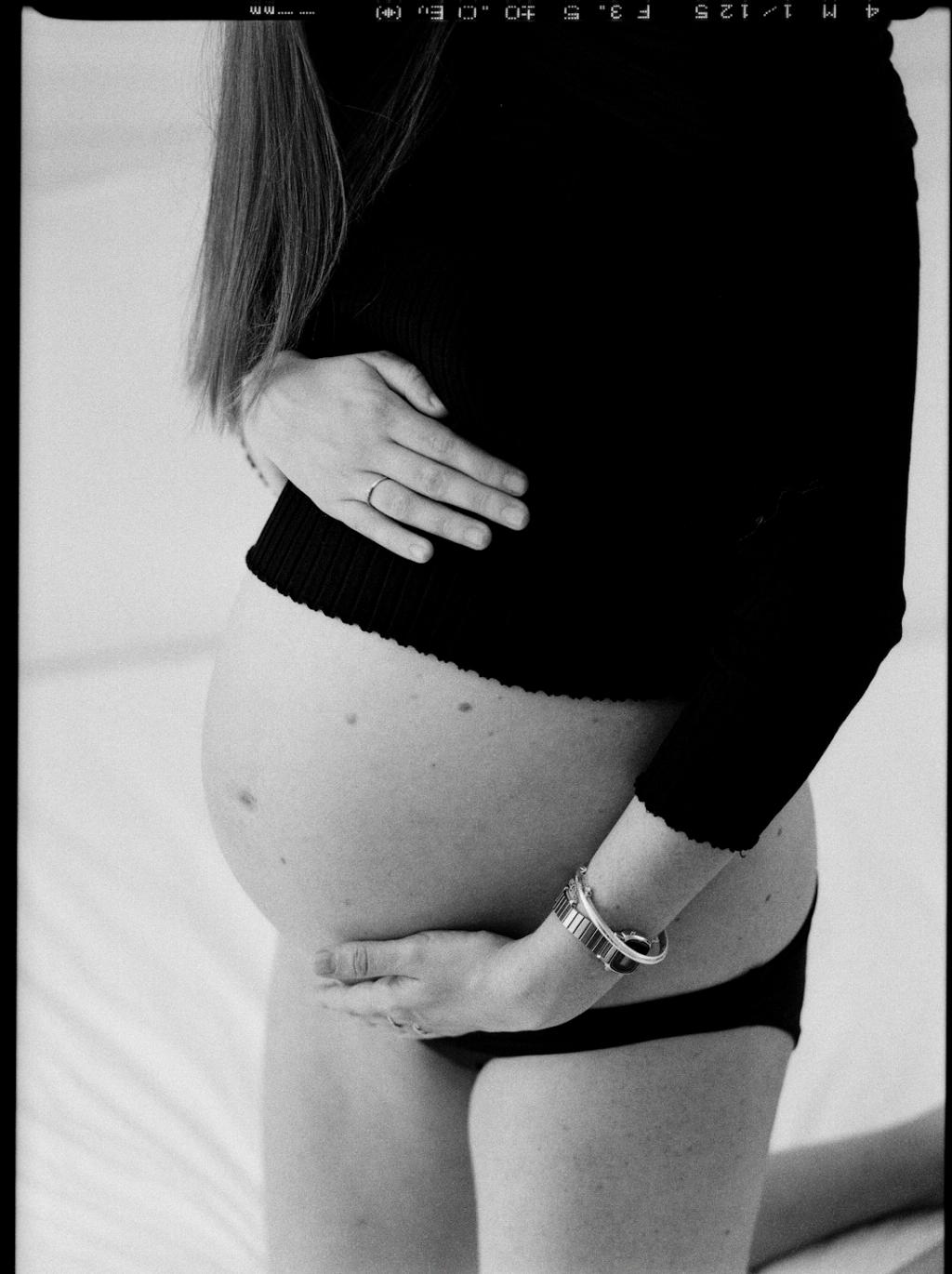Postpartum menstruation, also known as postpartum bleeding, is a common experience for individuals who have recently given birth. The duration of postpartum menstruation can vary based on several factors, including breastfeeding practices and the type of delivery you had.
Postpartum Menstruation Following Childbirth
Following childbirth, whether through C-section or vaginal delivery, it is normal to experience postpartum bleeding. This bleeding can last anywhere from six to eight weeks after giving birth, as the body sheds the lining of the uterus in the form of lochia.
Impact of Breastfeeding on Postpartum Menstruation
For breastfeeding parents, the return of menstrual cycles may be delayed. It is common for menstruation to resume within one to two months after stopping breastfeeding or reducing nursing frequency. Breastfeeding can suppress ovulation, leading to a delay in the return of periods.
Factors Influencing Postpartum Menstruation Duration
Several factors can influence the duration of postpartum menstruation. These factors include hormonal changes in the body, breastfeeding practices, individual physiology, and the overall recovery process following childbirth.
Managing Postpartum Bleeding
It is crucial to manage postpartum bleeding effectively to ensure proper healing and recovery. Maintaining good hygiene practices, using appropriate sanitary products, and seeking medical advice if bleeding is excessive or prolonged are essential steps in managing postpartum bleeding.
Recognizing Normal Postpartum Bleeding
While postpartum bleeding is a normal part of the postnatal period, it is essential to recognize what is considered normal and when to seek medical attention. Light to moderate bleeding that gradually decreases in intensity is typically normal, whereas heavy or prolonged bleeding may require medical intervention.
Postpartum Menstruation and Hormonal Changes
Hormonal changes play a significant role in the resumption of menstrual cycles postpartum. The body’s hormonal balance, particularly the levels of estrogen and progesterone, can impact the timing and duration of postpartum menstruation.
Consulting Healthcare Providers
If you have concerns about the duration or intensity of postpartum bleeding, it is advisable to consult your healthcare provider. They can offer guidance, monitor your recovery progress, and address any potential issues or complications related to postpartum menstruation.
Embracing the Postpartum Journey
The postpartum period is a unique and transformative time for individuals as they navigate the challenges and joys of new parenthood. Understanding the changes in your body, including postpartum menstruation, and seeking support when needed can help you embrace this journey with confidence and resilience.
Supporting Postpartum Recovery
Support from partners, family members, and healthcare professionals is crucial in facilitating postpartum recovery. Open communication, access to resources, and a supportive environment can aid in addressing concerns related to postpartum menstruation and promoting overall well-being during the postnatal period.
Conclusion
In conclusion, postpartum menstruation duration can vary based on individual factors such as breastfeeding, delivery method, and hormonal fluctuations. By understanding the factors influencing postpartum bleeding, seeking medical guidance when necessary, and embracing the postpartum journey with support, individuals can navigate this transformative period with confidence and resilience.

